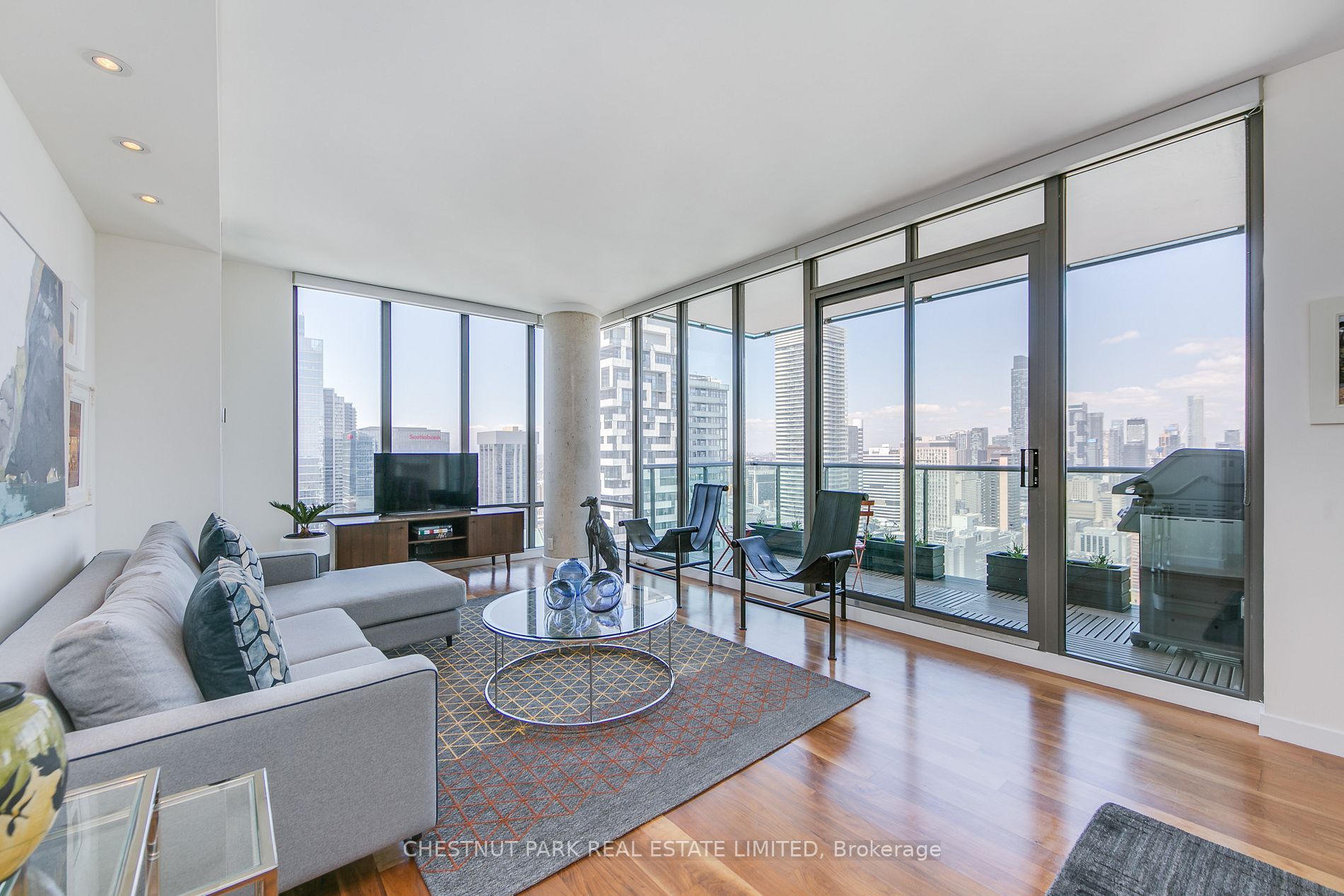Consequently, supply was not accelerated by mortgage renewals. Secondly, demand has increased. Massive population growth requires housing. Housing is not being built in sufficient numbers, and those that have bought, with favourable mortgage interest rates, are not moving. Moving would mean taking on new mortgage financing at substantially higher rates, in some cases three times their current rate. Within the massive demand cohort there are some who were able to pay the steady prices demanded by sellers, and by doing so, have kept averages sale prices high.
Average sale prices for freehold homes have remained particularly strong. In December, which seasonally is the slowest resale month in the year, the average price for detached properties in the City of Toronto came in at $1,629,980, about the same price they sold for in December 2022. Reflecting the slow down in the resale market they sold for only 97 percent of their asking price, and they were on the market for 31 days. Last December, sale prices were close to 100 percent of list price, and they sold in about 27 days. Semi-detached properties sold for 98 percent of their asking price and in only 28 days and were 1.5 percent higher than last December’s prices. The average sale price for semi-detached properties in December came in at $1,173,171.
It is no surprise that the average sale price for condominium apartments continues to decline. In December, in the City of Toronto the average sale price declined by more than 4 percent to $709,283 and to $780,258 in Toronto’s central core. Condominium apartments are the entry point for most buyers, especially the first-time buyer cohort. This group of potential buyers is most affected by high mortgage borrowing costs. No doubt, investor units are part of this condominium apartment supply inventory. Investor units, particularly if there is any financial distress, involve different pricing and sales dynamics than sales by homeowner sellers.
Although the overall 2023 resale market was bleak, there are some positive indications in December’s resale data. Sales results for December (3,444), although low, were almost 12 percent better than last year’s numbers, the first month since July in which this year’s monthly sales were an improvement over the same month last year. The average sale price remained strong, with only the condominium apartment sector showing continued weakness. In Toronto, sales of detached properties were up by more than 20 percent compared to last December, and sales of semi-detached properties were up by an eye-popping 56 percent compared to last year. Anecdotally, multiple offers were once again appearing for properties in sought- after neighbourhoods. This is no doubt an early indication that some buyers have concluded that the resale market has reached its low point, and that sales and price improvement is about to begin. In December, there was an indication that mortgage interest rates have begun to decline. Lenders are now offering five-year fixed rates as low as 5.75 percent.
Canada’s inflation has held steady at 3.1 percent. This has prompted the Bank of Canada to indicate that its benchmark rate may start to decline in 2024. Most economists are predicting a 0.25 percent decline by the first quarter and 0.75 percent decline by year end. All these factors combined are pointing to a much-improved residential resale market in 2024. Assuming that the first benchmark rate cut will not occur until early in the second quarter, it is anticipated that the first quarter of 2024 will remain slow, not dissimilar to the first quarter of 2023.
Following the first benchmark rate reduction, the market will pick up momentum. That momentum should result in a very strong resale market in the second half of 2024. The average sale price should increase by about 6-8 percent, taking the year-end average sale price to approximately $1,200,000, including condominium apartments. In December 2023, the average sale price was $1,084,692. The annualized average sales price for all properties sold in 2023 was $1,126,604. Sales volumes will also increase in the second half of 2024 to bring 2024’s year end total to approximately 75,000 to 78,000 properties sold. These numbers are far weaker than historical resale norms, however, higher sales volumes will continue to be constrained by affordability challenges, particularly freehold properties (detached and semi-detached). It won’t be utopian, but neither will it be another annus horribilis.











